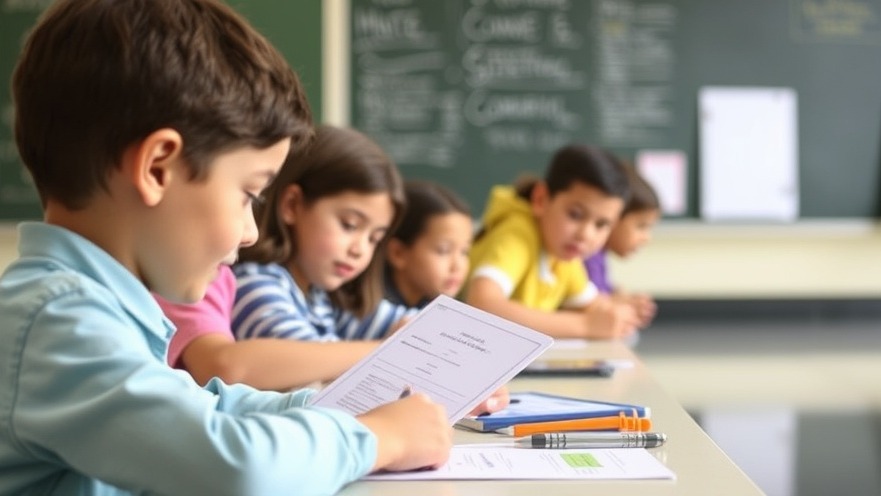
Texas Vouchers: Unpacking the Controversy
The recent vote in the Texas House of Representatives to approve a $1 billion private school voucher program has sparked debates across the state. As the legislation nears its final stages, skepticism looms among public school advocates who fear for the future of the state's public education system.
Representatives who supported the measure argue that it introduces necessary competition and options for families. However, opponents maintain that such a program primarily benefits a select few, jeopardizing the funding and resources allocated to the majority of public school students in Texas. Amber Davidson, a concerned parent, articulated the apprehension shared by many: "This voucher program is not what is best for the 5 million excess Texas public school students; it's what's best for a very select few."
The Vouchers: What Are They?
At its core, the voucher system allows families to use state funds to pay for private school tuition. This initiative has drawn comparisons to programs in other states, where similar vouchers have had mixed results. Supporters claim that vouchers increase educational choices, while critics argue they siphon much-needed funds from public schools, leading to larger class sizes and reduced resources.
Public Sentiment and Concerns
Public reaction to the Texas voucher proposal reveals deep-rooted concerns about equity and access in education. Voices from parents, educators, and the broader community emphasize fears that vouchers will further exacerbate educational disparities. Angela Cardenas, an instructional coach, voiced her concerns about the guarantee of enrollment in private schools, saying families may find themselves eligible for vouchers but unable to secure a spot in a private institution.
Moreover, many are anxious about how voucher programs might affect funding for public education. With over 90,000 children poised to enroll in the first two years of this initiative, there’s a pressing worry that public schools will be left to struggle without adequate financial support.
The Political Landscape: A Transforming Texas
The political pressure behind the passage of this bill has not gone unnoticed. A coalition of Republicans in urban areas, traditionally supporters of strong public education, faced backlash leading up to the vote. Many opponents of vouchers were unseated in primaries, influenced by funding from wealthy donors and campaigns led by Governor Greg Abbott. This shift raises critical questions about the future of education policy in Texas and the significant influence of money in politics.
Comparative Context: Lessons from Other States
Looking beyond Texas, several states have adopted similar voucher programs with varied outcomes. In places like Florida and Arizona, increased school choice has indeed expanded educational opportunities, yet these states also faced significant backlash and criticism regarding the negative repercussions it had on public schools. Learning from these examples, Texas legislators must consider both the potential benefits and the risks that come with such sweeping changes to education funding.
Future of Texas Education: Predictions and Opportunities
The future of Texas education hinges on how stakeholders will navigate this new landscape. Advocates for public education must engage actively with community members to highlight the value of public schooling and its equitable access for all children, emphasizing the importance of a well-rounded education for everyone, not just those who can afford private schooling.
As families and educators brace for these changes, the hope is that sufficient checks will be in place to ensure that the educational needs of all Texans are met, safeguarding the future of public education.
In conclusion, the discourse surrounding the Texas voucher program invites broader conversations about the direction of education policy and investment in public schooling. We must ask ourselves: what kind of future do we want for Texas education?
 Add Element
Add Element  Add Row
Add Row 



Write A Comment